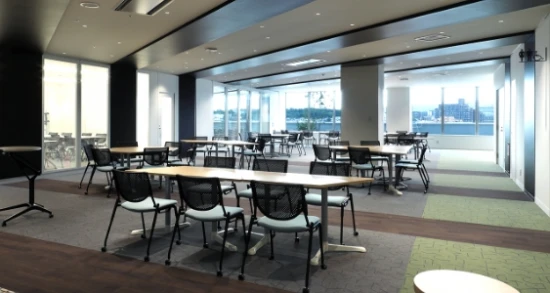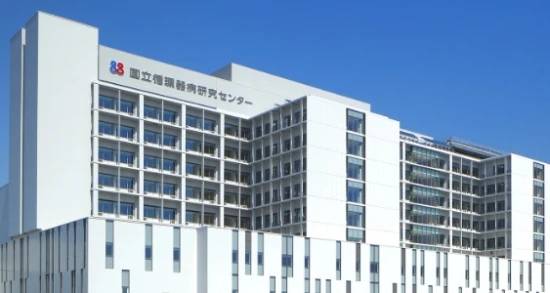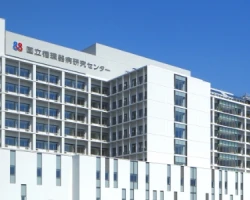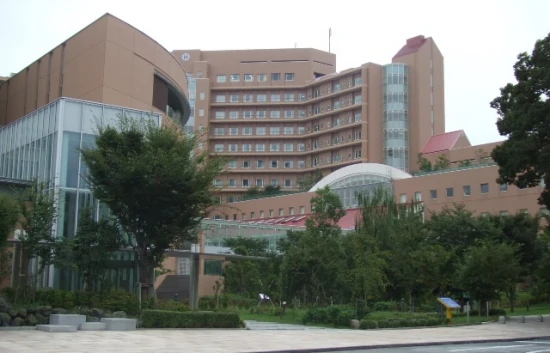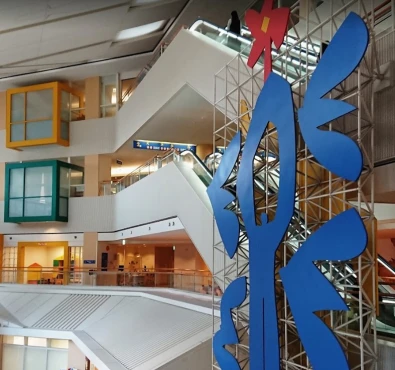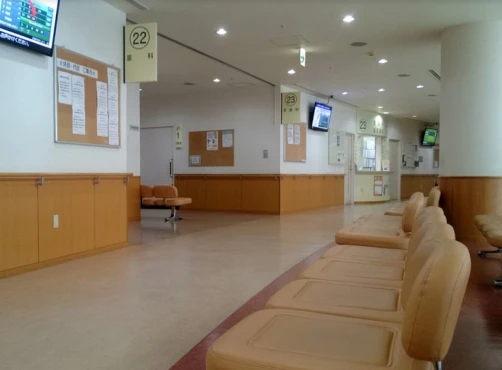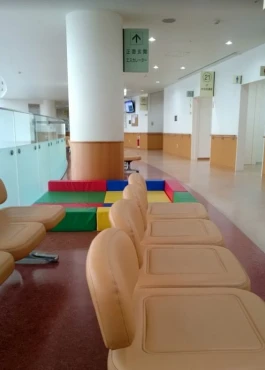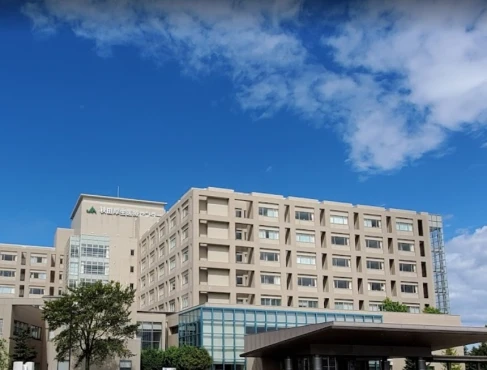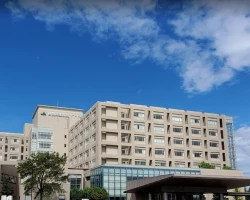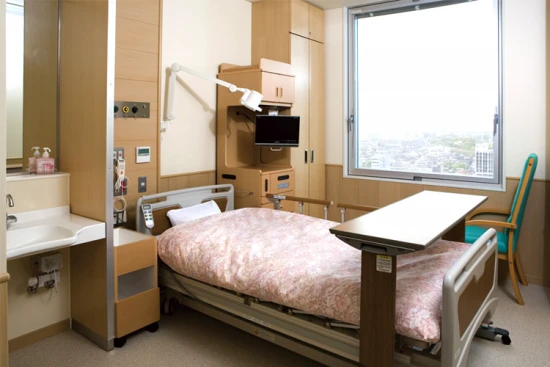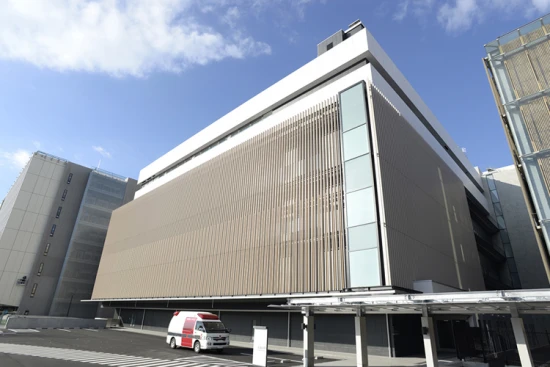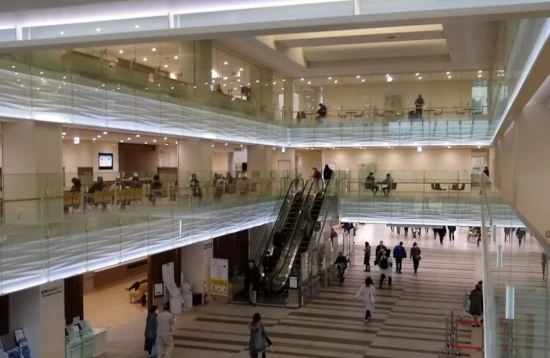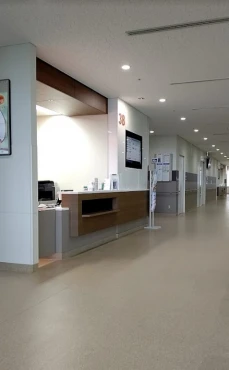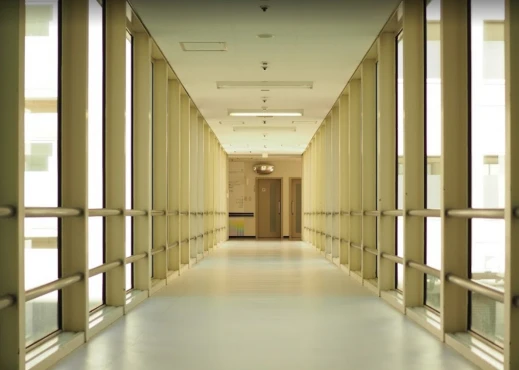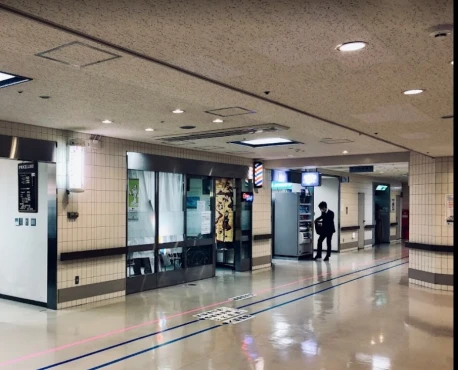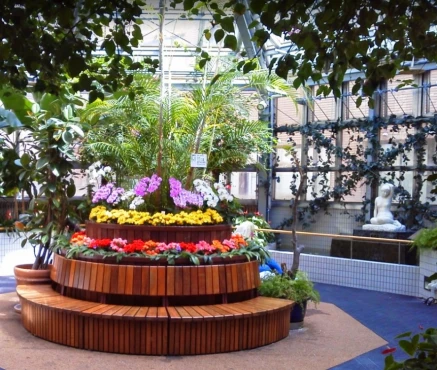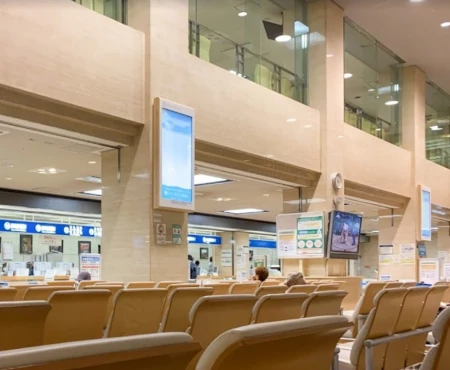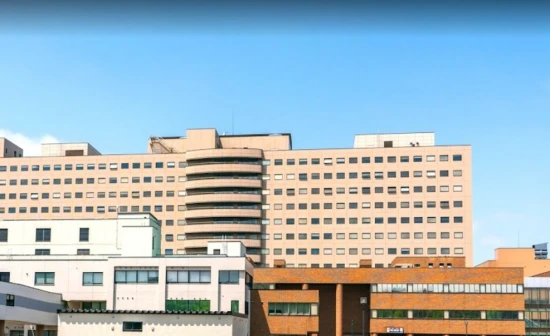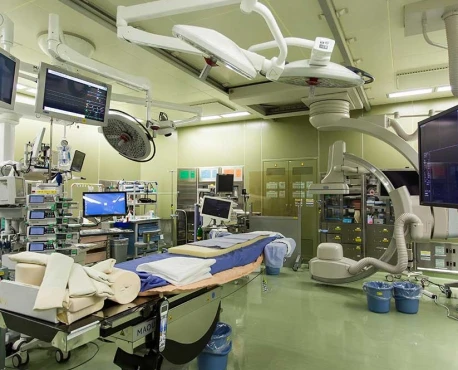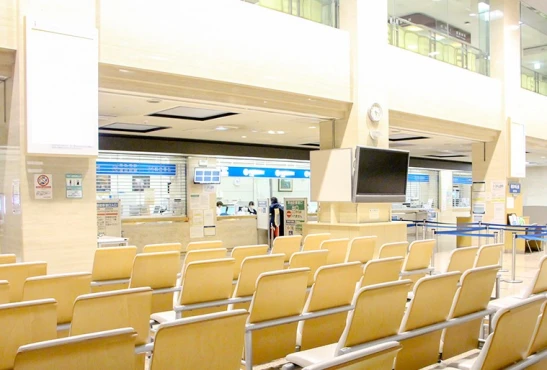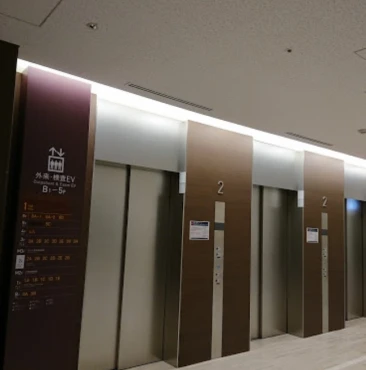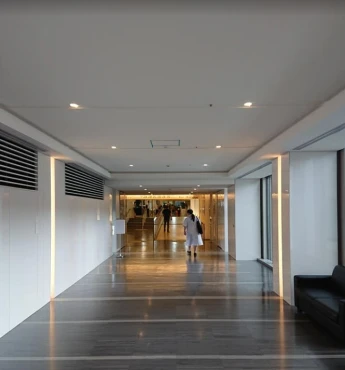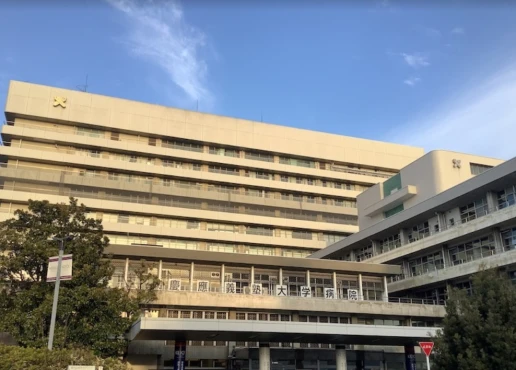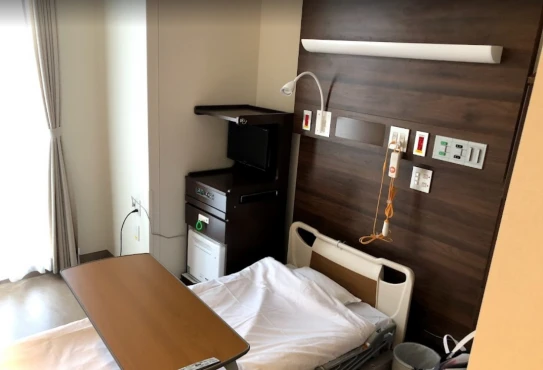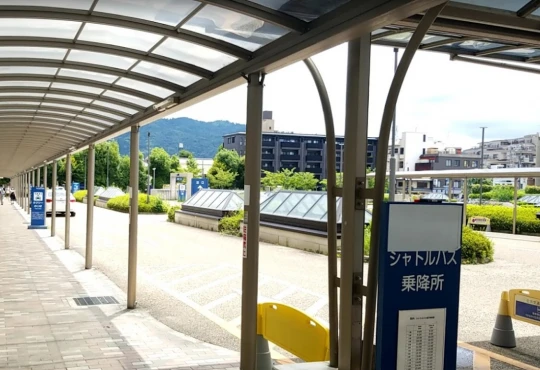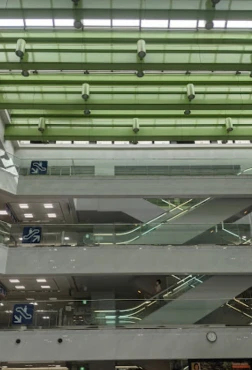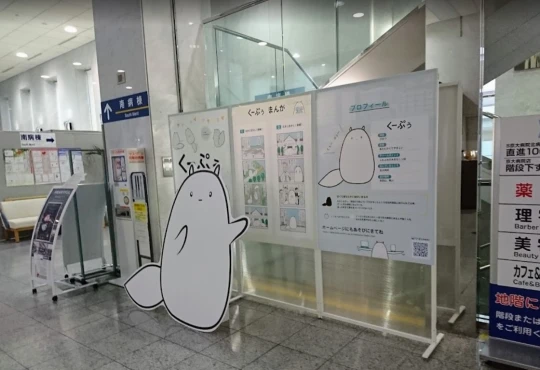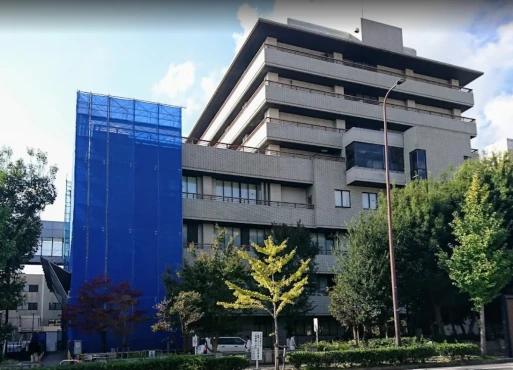Atrioventricular canal defect, also known as atrioventricular septal defect (AVSD), is a congenital heart defect in which there is a hole in the center of the heart where the walls between the heart’s chambers meet. This defect affects both the atria and ventricles, allowing blood to flow between the chambers and disrupting the heart's normal circulation. AVSD can lead to symptoms like poor growth, difficulty breathing, and fatigue in infants and young children. Treatment typically requires surgical repair to close the hole and reconstruct the heart valves to restore proper blood flow, usually performed in early childhood to prevent complications like heart failure or lung damage.
Atrioventricular canal defect treatment in 7 Cardiac surgery clinics in Japan
7 clinics specializing in Cardiac surgery providing treatment of
Atrioventricular canal defect
Atrioventricular canal defect is a congenital heart condition characterized by abnormal development of the atrial and ventricular septa and the atrioventricular valves. It can cause heart failure, cyanosis, and requires surgical repair in infancy or childhood.
Read more...
disease in Japan.
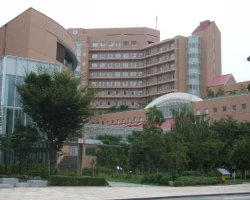
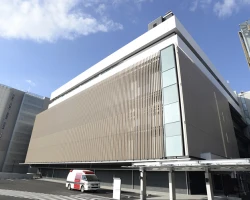
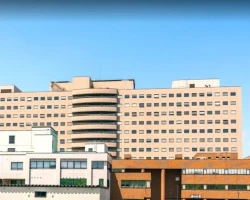
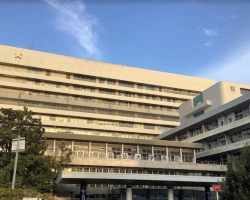
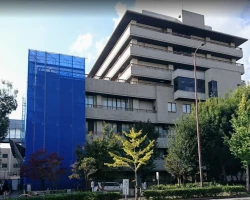
Clinics grouping by rating
Clinic with the highest rating of 4 — National Cerebral and Cardiovascular Center (NCVC) in Suita, Japan, clinic with the most reviews number of 628 — Keio University Hospital in Tokyo, Japan.
With rating 4.0 and over — 1 clinic .
